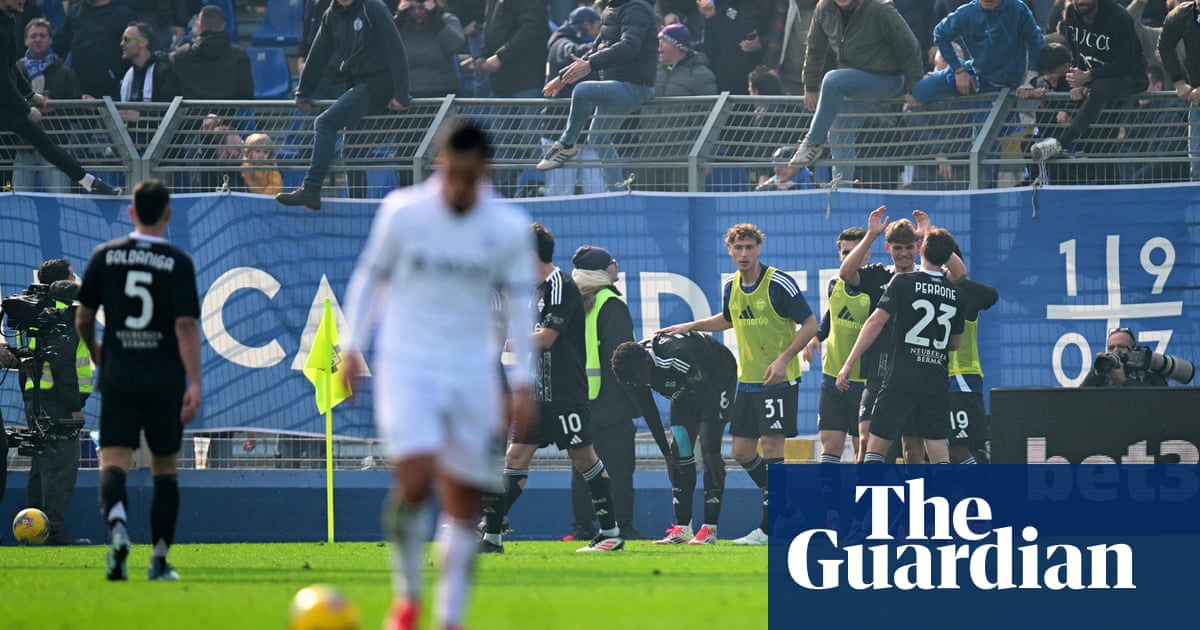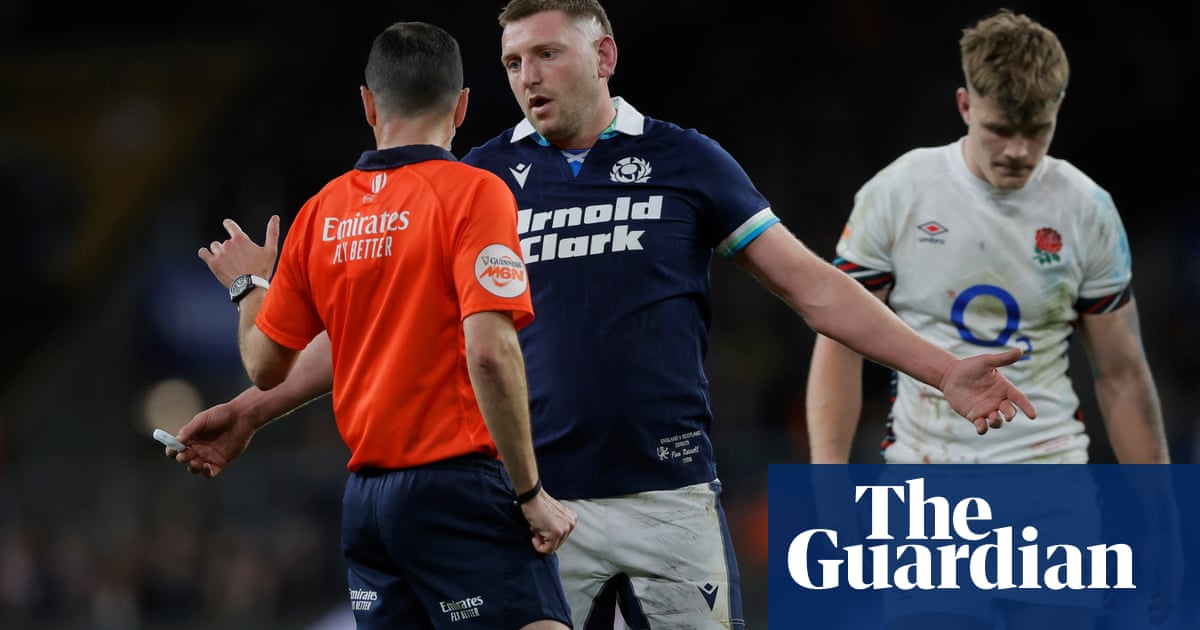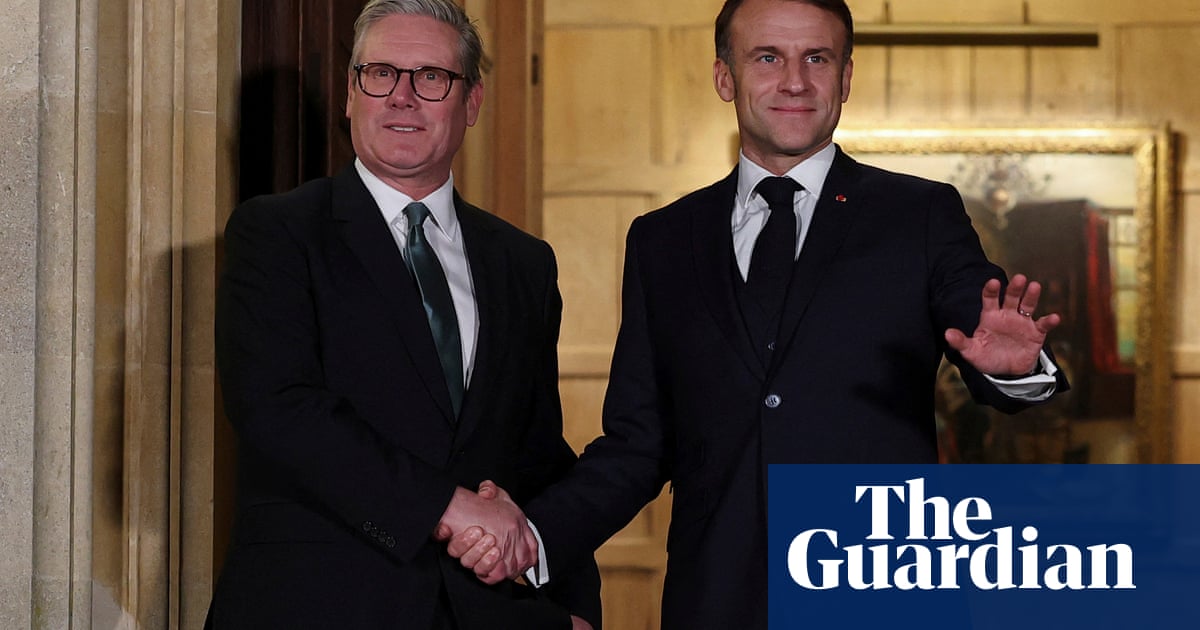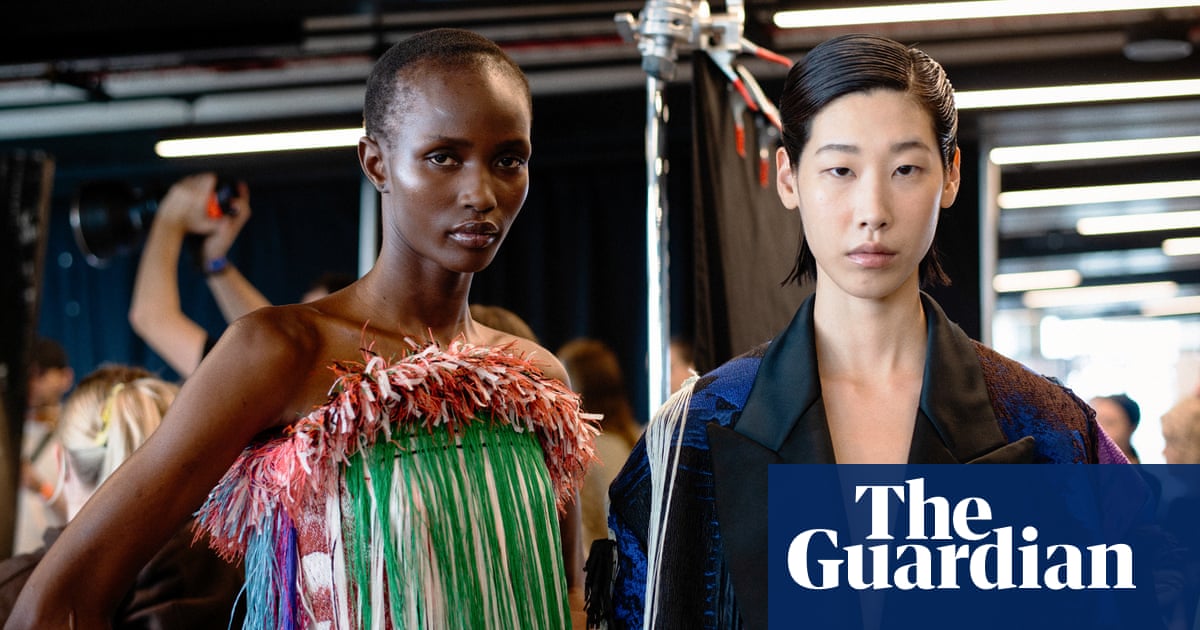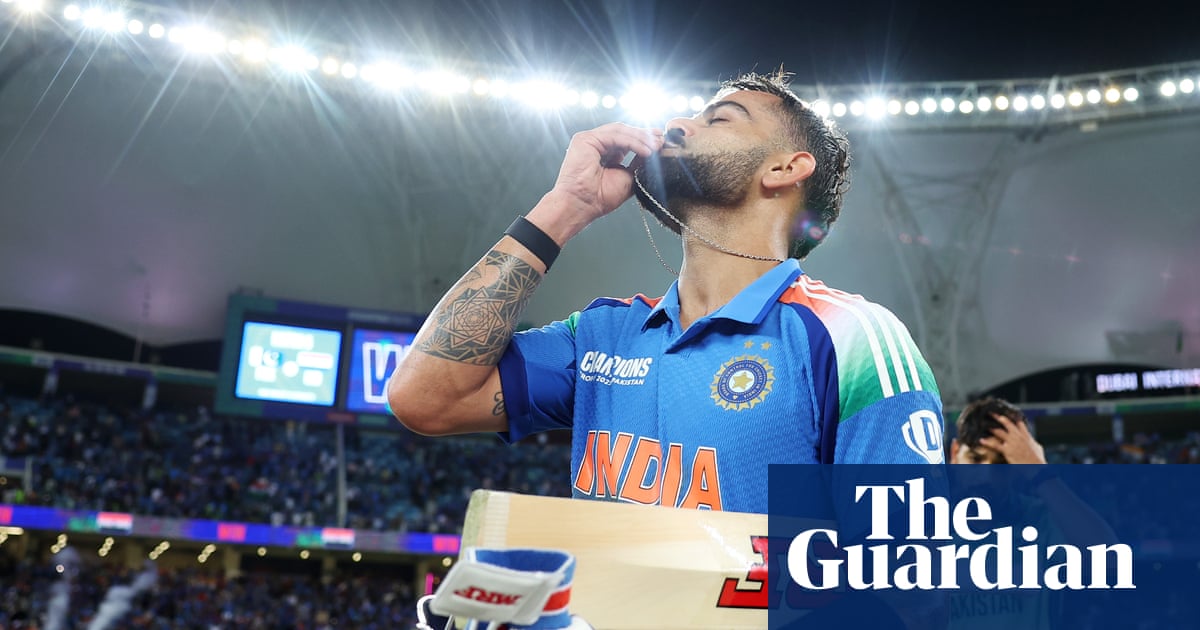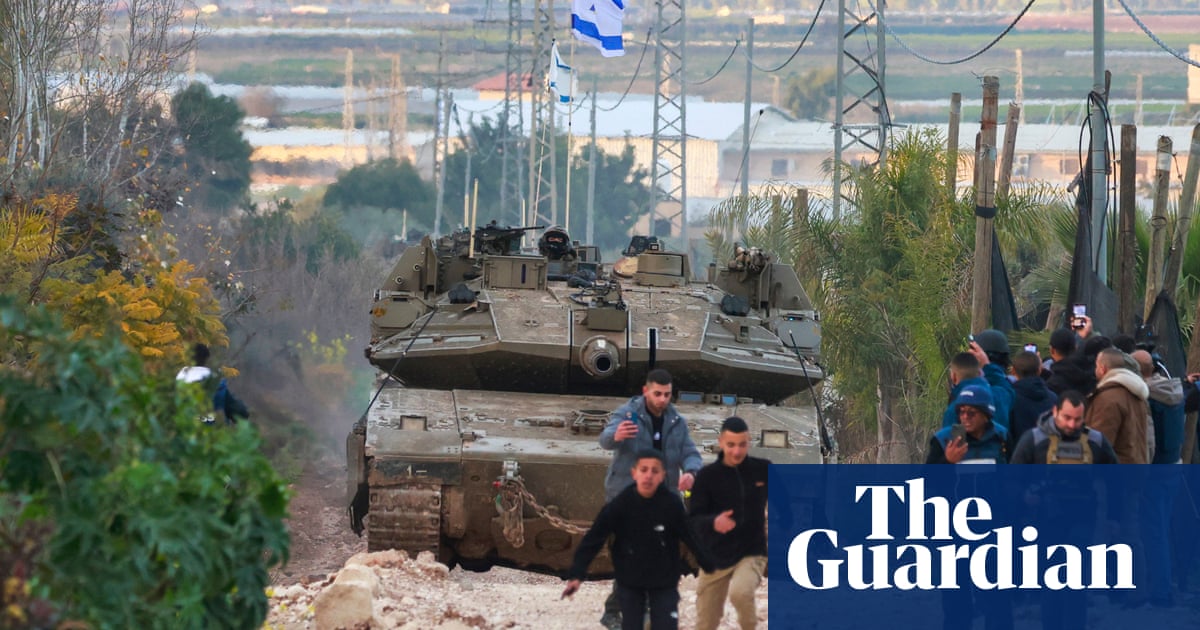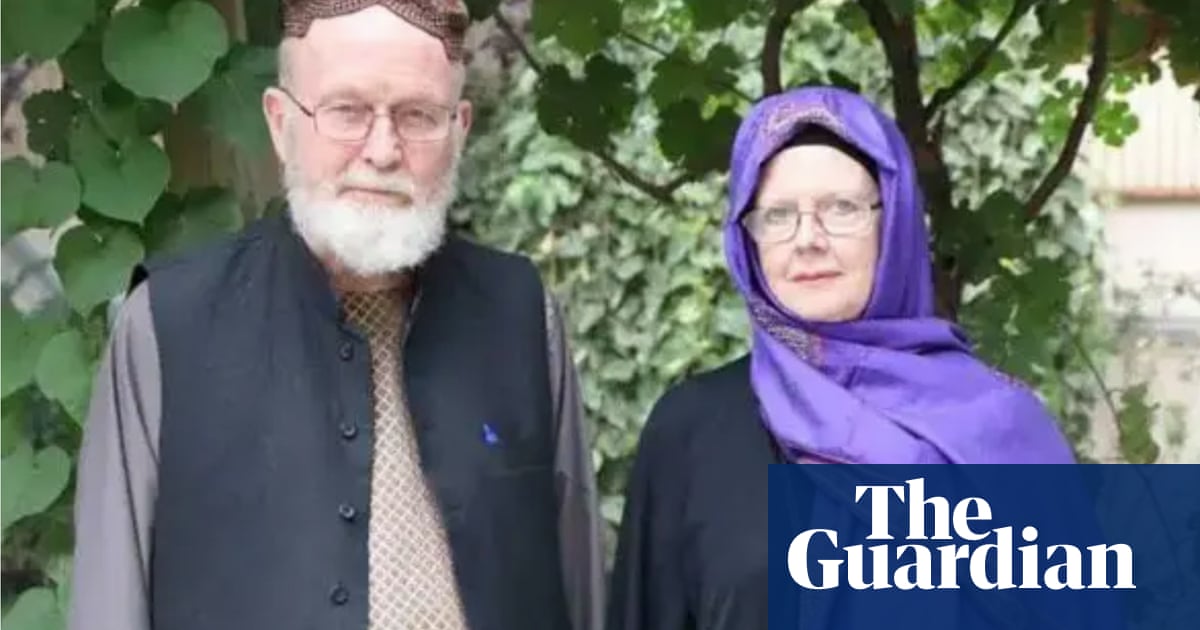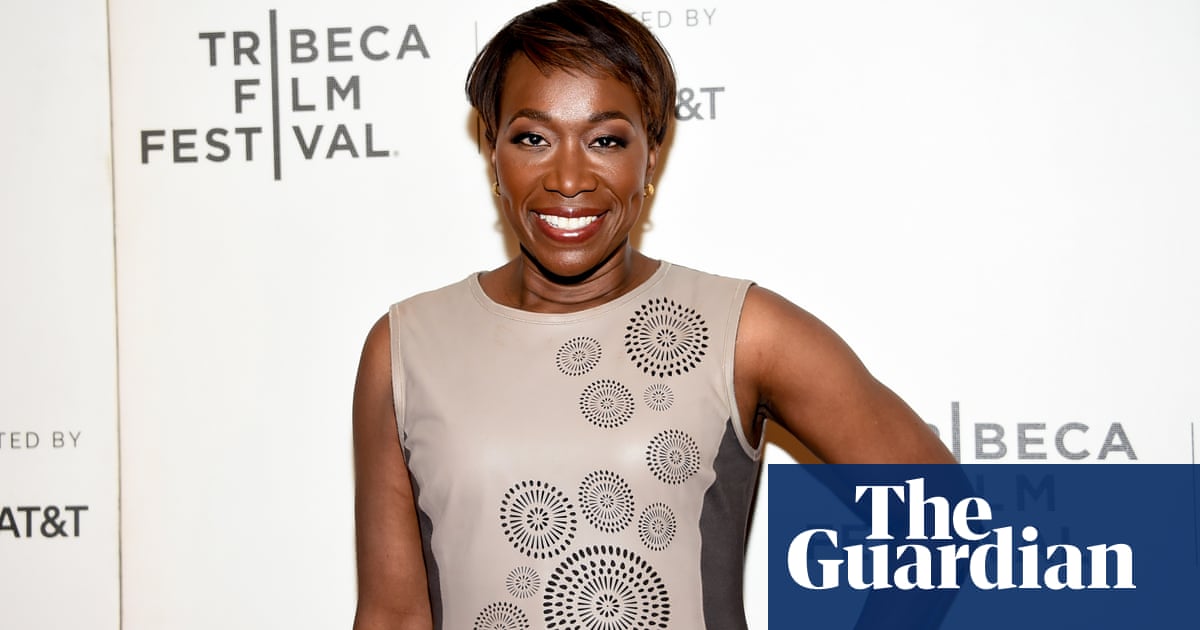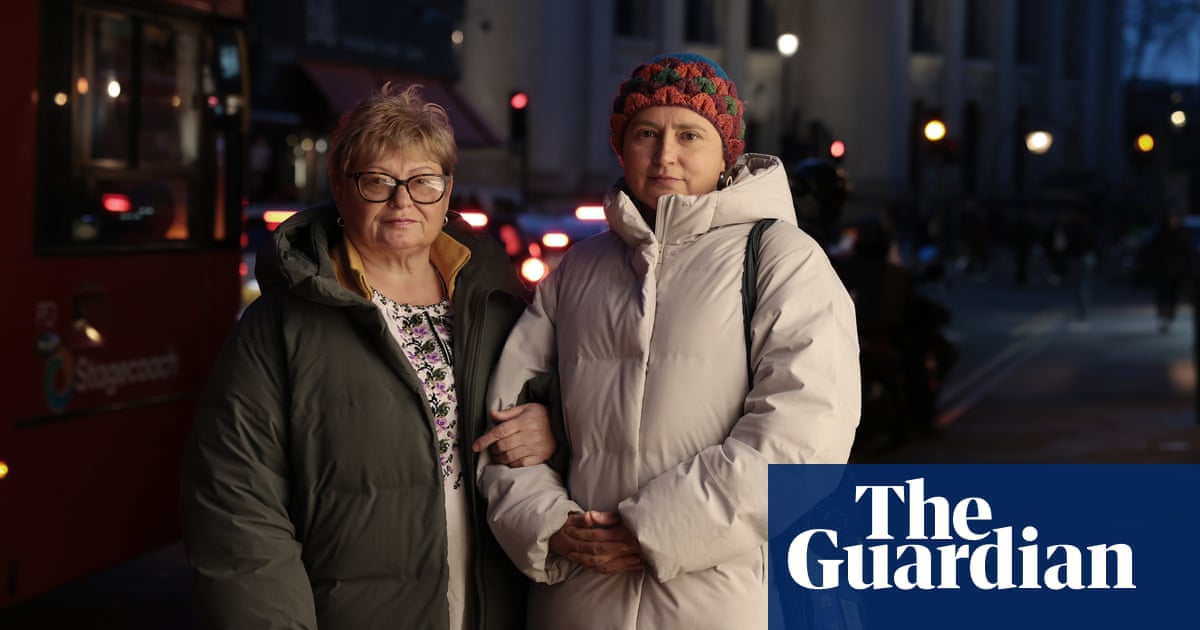In a state of shock, Hoy – who is now 48 – went home with his wife, Sarra, to digest their new reality. The couple have two young children so, until they knew the treatment plan, they decided to keep the news to themselves aside from close friends and family. Hoy continued with his usual work commitments: talks, sports punditry and a weekly podcast. A few weeks later, he would begin a course of chemotherapy in a bid to stop the cancer spreading further.
It is hard to fathom, given all that has happened, quite how Hoy found the time and wherewithal to record his experiences in a memoir, written with the journalist Matt Majendie. While the process may have been cathartic, there is clearly more to it than that. There is a thread of gratitude in the book that runs far deeper than performative celebrity humility. All That Matters is, above all, Hoy’s love letter to his family and a keepsake for his children, who are too young to fully comprehend what is happening but will likely have questions further down the line.
It’s with rawness and clarity that the early chapters detail those first shattering consultations. On learning that his cancer was terminal, Hoy went “completely numb. I go green in the face, Sarra tells me afterwards. I definitely feel nauseous, I can’t form words or even thoughts to ask questions, but I am vaguely aware of Sarra doing that while I sit there. The noise is distant, the words totally indiscernible.” Compounding the shock, he notes, was the fact that he was “still at the peak of my fitness, eating well, I’ve never smoked, never done drugs and yet somehow these words were directed at me”. But there was nothing he could have done. “Cancer is indiscriminate and, in my case, living the healthiest of lives could not have prevented the genetic predisposition I have to it.”
The book goes on to document Hoy’s treatment, while fitfully jumping back in time to recall high points from his career as the first Briton to win six Olympic golds. This is surprisingly relevant, as Hoy finds he is able to utilise old training tools. “Outrunning a terminal illness is a lot tougher than going for Olympic gold but ultimately it is about a person facing challenges and finding ways to take them on,” he notes. Crucial to this process is his former team psychologist Steve Peters who, at the height of Hoy’s sporting career, taught him how to shrug off external pressure, to shift focus away from what he couldn’t control and to refine the mental side of his performance. Once the early shock has subsided, and via further sessions with Peters, Hoy finds he is able to navigate the panic and negative thoughts that come with a terminal diagnosis. But there are further hurdles, specifically the chemotherapy which he approaches like an 18-week training block, three weeks at a time. But even he, a decorated sportsman, struggles with the brutal physical impact of this toxic treatment which puts him “on the verge of fight or flight at any given moment”.
Astonishingly, there is more hardship to come for the Hoy family. Shortly after his own diagnosis, his wife learns she has multiple sclerosis. Since this is Hoy’s book and not hers, he doesn’t dwell on the details but you are left wondering just how much trauma one family can endure. And yet for much of this candid, sad yet ultimately life-affirming book Hoy finds himself marvelling at his good fortune, both professional and personal. For him, cancer is now a fact of life: “I can’t chase it away, but I can choose how I approach each day. It’s a commitment, something I consciously practise. I choose to influence my life, and allow my attention to focus on the good, and the present.”
after newsletter promotion

 2 months ago
47
2 months ago
47

